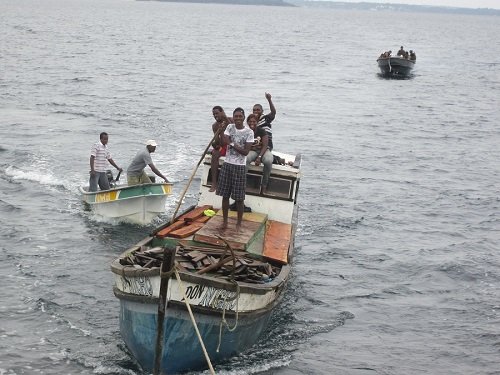Law and Disorder | Boating Magazine
The Law: According to our experts, boaters who think that the Good Samaritan approach will shield them from liability could be thinking wrong. "You won't find statutes," says Joan Wenner, a maritime lawyer from Orlando. "But there is case law in contributory negligence." In plain English: "People don't realize that if they try to help someone, they could be sued."
Different states have different rules, but even if your state has a Good Samaritan law on the books designed to indemnify people who come to the aid of others, it may not keep you out of trouble.
But wait, the federal rule says you are bound to help, so how can you be punished for doing so? Simple: If you mess up, you could open the books for civil action. "The general rule is that once you undertake a 'duty,' you have an obligation to carry out that duty properly," says Lennon. "Any negligence, real or perceived, in helping someone could create a civil liability for you for property damage or personal injury."
Adds Gerald McGill, a maritime attorney with the McGill Law Firm in Pensacola, "If you tow someone's boat over a sandbar, you may be liable."






 .................................
.................................